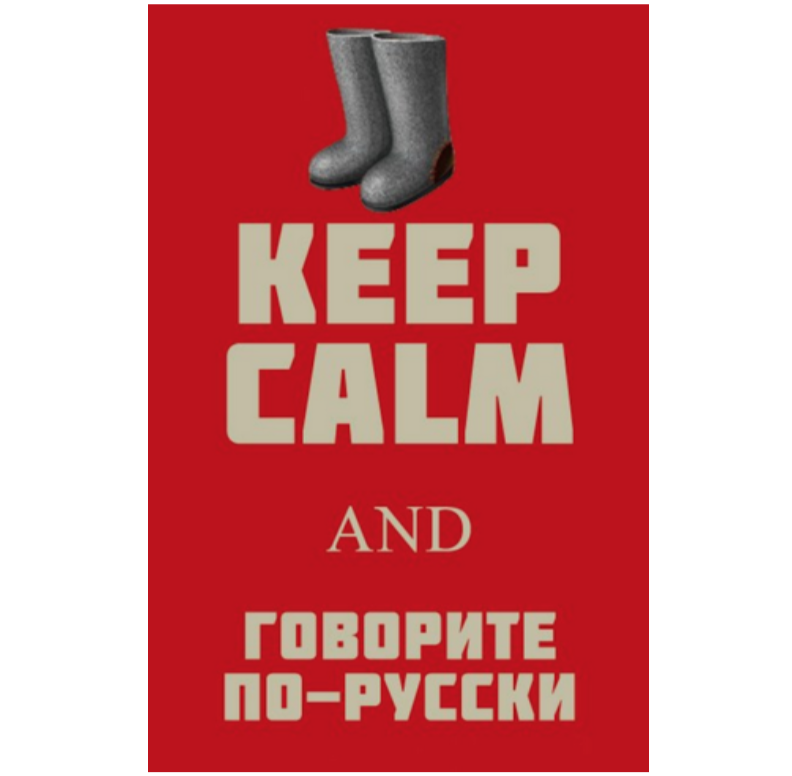Ukrainian nationalism was and remains an ideology that sprouted and developed as a national liberation movement in the modern era. It is not possible to designate one founder or main ideologue of Ukrainian nationalism. However, the following individuals contributed substantially to it with the first being, perhaps, the foremost in his overall influence: Taras Shevchenko, Julian Baczynsky, Mykola Mikhowsky, Dmytro Dontsov, Petro Poltava, Osyp Diakiw Hornovyj and others. This spectrum, consisting of merely six names (fifty could have been listed), is so wide that it includes such diversity as Julian Baczynsky, essentially a Marxist protectionist of the Ukrainian farmer and worker, and Dmytro Dontsov, formerly a socialist and later a proponent of integral nationalism.
Fascism is essentially a Latin term meaning a collection of rods or hay which served as the name for a movement which was formed by Benito Mussolini and others in Italy in 1919. Its generic definition refers to a government system marked by a centralized dictatorship which includes strict socioeconomic controls and hostile chauvinism.
The Organization of Ukrainian Nationalist (OUN) was a structure formed in 1929 uniting Ukrainian nationalist movements that attempted to implement a national liberation struggle for the Ukrainian people. Its ideological documentation, usually passed at its congresses in addition to the struggle itself, often included a vision for an independent Ukrainian state which included a myriad of social programs as well as a certain level of protectionism in its economic planning. However, a government system marked by a centralized dictatorship and a hostile Ukrainian chauvinism were never proposed.
Nevertheless, for years, recognizing the popularity and effectiveness of the OUN, long after armed struggle between the Ukrainian Insurgent Army and the Soviets concluded in the early 1950’s, the Soviets spent much time and effort continuing the fight. Their strategies included assassinations of OUN leaders on foreign soil and propaganda disparaging the OUN, ascribing to it ideologies and acts that had nothing at all to do with the OUN.
Today, the Russians have continued the propaganda part of the operations and perhaps much more, however without a smoking gun. The history of the OUN has left a legacy which inspires today’s generation of Ukrainians. The fulcrum for both the Orange Revolution and the Revolution of Dignity came from the heroism of the OUN and its military formation, the Ukrainian Insurgent Army (UPA). Today almost all Ukrainians worldwide greet each other with the words “Slava Ukraini” (Glory to Ukraine), which was traditionally used by members of the OUN.
The University of Pittsburgh, The Carl Beck Papers in Russian and East European Studies recently published a new article by an already notorious OUN detractor and nascent scholar Grzegorz Rossolinski-Liebe entitled “The Fascist Kernel of Ukrainian Genocidal Nationalism.” The article purports to be scholarly, but is replete with merely a rehash of previous misrepresentations by the author, supported by such authority as his own writings and that of his friends and mentors, peppered with only a very few legitimate authorities which contribute nothing to the author’s thesis. The distortions are too numerous to list. What is most striking, however, is that the misrepresentations are so glaring that it is surprising that even Mr. Rossolinski-Liebe, who already suffers notoriety as a sloppy scholar, would venture as far as he did.
As an example, the author writes: “The fascist greeting “Glory to Ukraine” (Slava Ukraini) had been invented in the early 1920s by the League of Ukrainian Fascists, which later merged with the OUN.” The statement itself raises eyebrows since the term “Fascist” came into existence only in 1919 and was certainly not world popular or pervasive in 1925 when the Ukrainian League was formed. This red flag led me to the footnoted sources provided by Mr. Rossolinski-Liebe. The source was “Lypovets’kyi, Orhanizatsiia Ukrains’kykh Natsionalistiv, 14.” Fortunately, I had a copy of a book by Lypovetsky, albeit with a somewhat different name, and proceed to verify Mr. Rossolinski-Liebe’s assertion. In my copy of Lypovetsky, OUN banderivtsi fragmenty dialnosti ta borotby page 14, one of the organizations that comprised the initial OUN formation was Lehija Ukrainskykh Natsionalistiv (League of Ukrainian Nationalists). Perhaps Mr. Rossolini-Liebe was referring to a different book, but still the use of two different names for a single League that was one of the founders of the OUN seemed odd. I then contacted the subject historian Svyat Lypovetsky by e-mail. He replied, confirming my suspicion that his book was OUN banderivtsi fragmenty dialnosti ta borotby, that the League of Ukrainian Nationalists was one of the OUN founders and that he never wrote nor heard of the League of Ukrainian Fascists. He pointed out that he is even more surprised by Mr. Rossolinski-Liebe’s mistake since at the bottom of page 14 the subject organization’s name is provided in English as League of Ukrainian Nationalists.
Sloppy scholarship or intentional misrepresentation? Most likely the latter, especially since that misrepresentation snugly fits the thesis. What motivates an aspiring scholar to intentionally misrepresent, and to do so in such primitive fashion?






